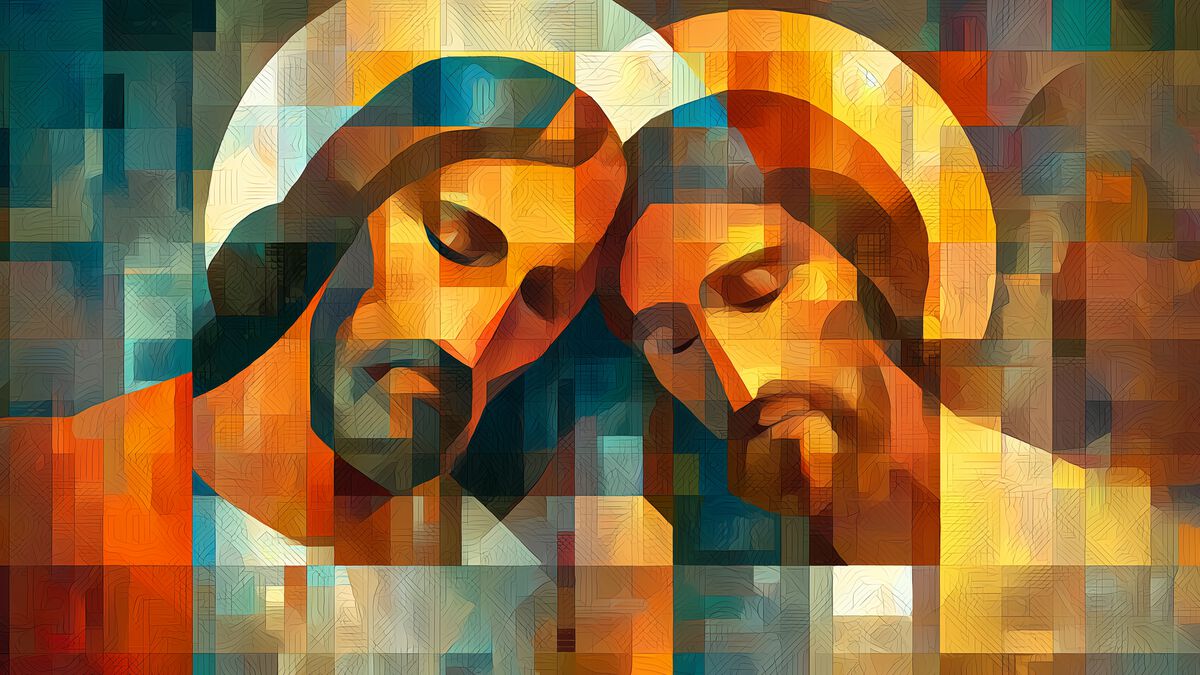Christian Duty Includes Overcoming Aging and Death
Lincoln Cannon
8 February 2009 (updated 3 January 2026)
Mormons almost universally acknowledge that we have a moral obligation and capacity to participate in the work of God, to bring about the immortality and eternal life of humanity. This acknowledgement focuses primarily on the advance of spiritual salvation, particularly through missionary and temple work. Such a focus is important, but it does not, in itself, satisfy the full extent of our obligation.
Our duty also includes the advance of physical salvation. Both the LDS Church and individual Mormons regularly demonstrate real concern and concerted effort to advance physical salvation, through means ranging from neighborhood service projects to large scale welfare and humanitarian programs. Yet we can and should do more.
Each day, around 150,000 persons die. Many of them die of painful and debilitating diseases. Most of them die from something that is not commonly considered a disease, although it is altogether as painful and debilitating.
It emaciates our muscles and bones, makes our hair fall out, blurs our vision, and stifles our hearing. Finally, if it doesn’t kill us by clogging our hearts or setting off runaway cellular growth, it steals our memories. We’ve become accustomed to this inexorable degradation of our bodies, which we call “aging.”
In the Book of Mormon, we read of Jesus asking twelve Nephite disciples what they desire. Nine tell him that they desire to teach the gospel for the remainder of their lives and then quickly ascend to heaven. Jesus tells them that they are blessed for this desire.
The remaining three Nephites are embarrassed to express their desire. But Jesus discerns that they would like perpetually to teach the Gospel without dying. He then tells them that they are more blessed for this desire.
Here, Jesus affirms that God is a God of life. And death, with hell, is an awful monster, to use Nephi’s phrase. More blessed are those who would, if possible, live for Christ than those who would die for Christ.
The message of this passage from the Book of Mormon is particularly pertinent to our time, when we are learning, through modern science and technology, how to extend and enhance life. There are some who are arguing that it is not moral to extend human life indefinitely. There are others who see such possibilities as means of deliverance from Nephi’s awful monster.
Will we, with the Three Nephites, be more blessed if we make use of the means provided to us? Or will we sit still, supposing that God will deliver us despite our apathy? Perhaps desire for life, expressed in our actions, will bring for us, as for the Three Nephites, the prophesied day of transfiguration when mortal lives will be as the age of a tree, there is no death, and we are changed in the twinkling of an eye.



